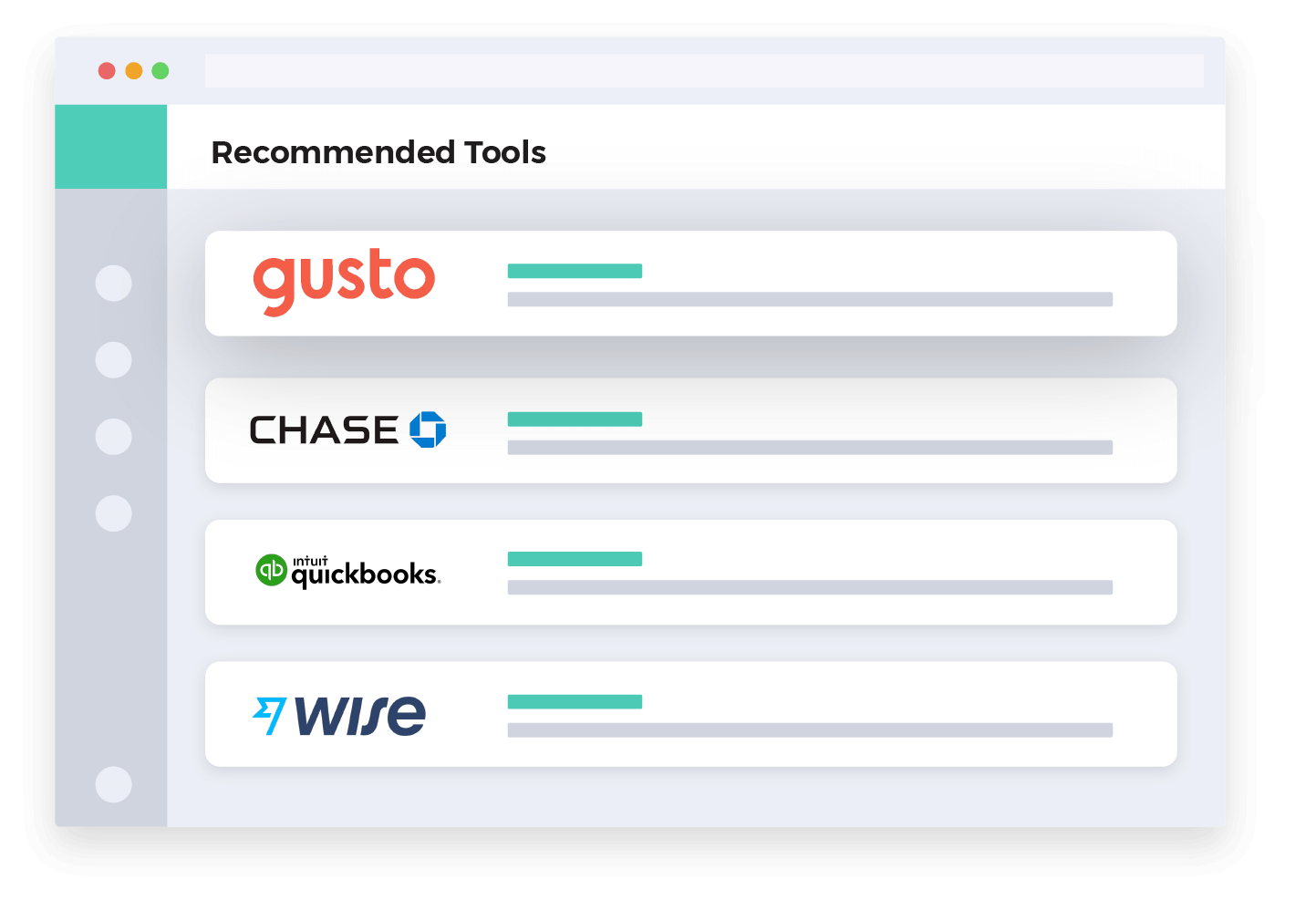- Accounting Topic
- Financial Ratios Topic
Accounting Review, About, and Why
Using Accounting Review
Accounting Play makes educational materials for first year accounting students and professionals. Accounting Review is an iPhone and iPad app that teaches accounting with flashcards, lessons, and audio. It can be used to gain an understanding of concepts and help you through your accounting course. First year professionals can use the material to focus on trouble areas or to study up if assigned new responsibilities. Excel and PDF downloads, practice sets, and video explanations are available online at AccountingPlay.com.
Financial accounting courses vary significantly in the content covered, so it is best to pick and choose which Accounting Play resources fit best into the curriculum. Some instructors have a bookkeeping focus and cover debits and credits extensively, in which case you can benefit from the game: Accounting Play, Debits & Credits. Other teachers focus more on the end results of the financial statements, in which case financial statement lessons and flashcards can help. Cards can be bookmarked and are coordinated with lessons so you can dive deeper into key terminology as needed, without the 300 page textbook in your pocket.
Audio learning might help you on the way to class, during your commute, or put you to sleep at night. Most audio files are narrations of the lessons, but some are question and answer quizzes designed so that you may self-test your knowledge. Audio is a good way to familiarize yourself with terminology or the general context of lessons when on the go. Part of accounting is language learning which requires repetition of terms before the brain can apply them technically. When studying for the CPA exam I used to listen to audio when on a treadmill, driving, and before bed. Every little bit of study time helps and audio can supplement regular study times.
Learning accounting is like many other things in life, it is a factor of time and effort put in. Being realistic of shortcomings is critical to understanding how much time is really needed. Native and foreign English speakers often struggle with technical vocabulary. A concept such as revenue or accounts receivable may be obvious to someone with bookkeeping experience returning back to school, but completely new to another student. Learning barriers are amplified when some accounting teachers are hard to understand, scribble nonsense on a chalkboard, and wonder why students struggle. Accounting Play is designed to make accounting easy and adapt to different styles of learning.
About
I took financial accounting three times as a history major and my grades were as follows: W, C, A. W stands for withdrawn, if you don’t know. But after I received an A from an exceptionally clear instructor, everything became easy, so long as I dedicated enough time and studied to learn. I drew pictures, read financial statements of publically traded companies, sang songs, and listened to self-made recordings at bedtime. I could not afford any more mistakes after graduating in history during a financial crisis. Three years later I had worked in public accounting, passed all of my CPA exams on the first try, and nearly completed a masters in accounting with a 3.9 GPA – all paid for with credit cards. Now I work for myself and help students, life is good. With enough time and motivation there is nothing to stop you with this particular profession, class, or topic. Please be sure to let me know how Accounting Play is helping you learn on the App Store and ways we can do better by emailing.
Why Learn Accounting
Accounting is the language of business or other words: money talks and BS walks. And those who don’t know, BS stands for Balance Sheet. Yes indeed, accounting tracks where money goes, assets, debts, and ownership. Understanding accountancy is a great part of financial literacy – being able to understand more about money and business. Everyone in this world knows about money. A Texan in San Francisco China Town once told me that the universal language is $100 bills, as he flashed a stack of cash in my face. Was he right? Let’s just say money is a language more widely spoken than English.
Accounting is not just for businesses, but for any financial entity. And the most important entity
of them all is you! Everyone spends money of some tangible kind, or intangible – in the form of trades and favors. Most of us do not need to know how to form a complete set of financials using journal entries; however, everyone should have an idea of what an income statement and balance sheet is. It is also helpful to understand that the value of money is constantly changing, referred to as the time value of money. It is a must to know what the five accounts are: assets, liabilities, equity, revenue, and expense.
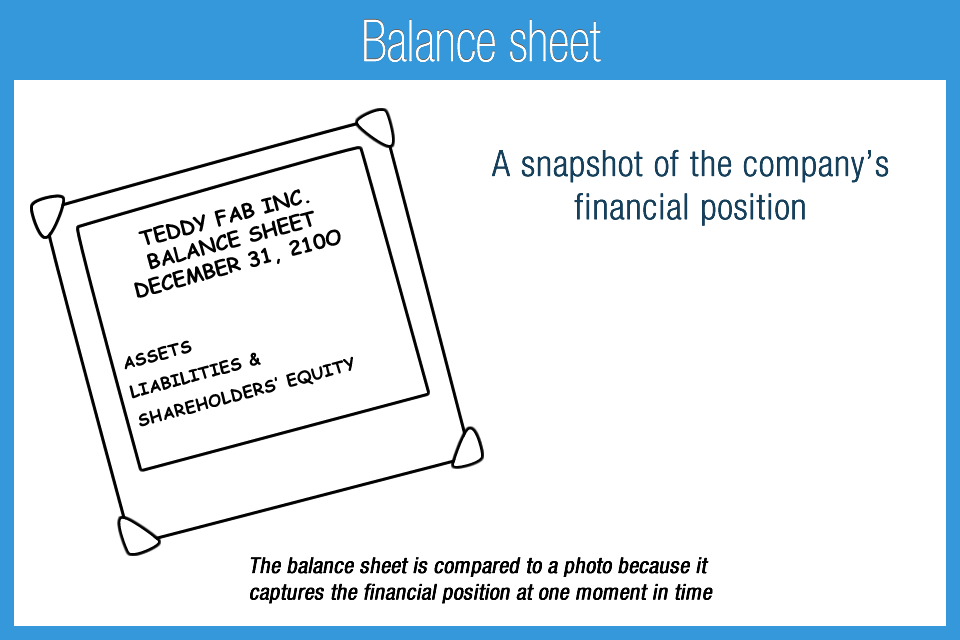
Accounting is important to any job, as we all work for different entities. Whether it is for the government, an individual, charity, or corporation, we are not immune to the flow of cash. Organizations are driven by financial measures, regardless of purpose. Understanding core concepts will make you more valuable to yourself, family, organization, and community.
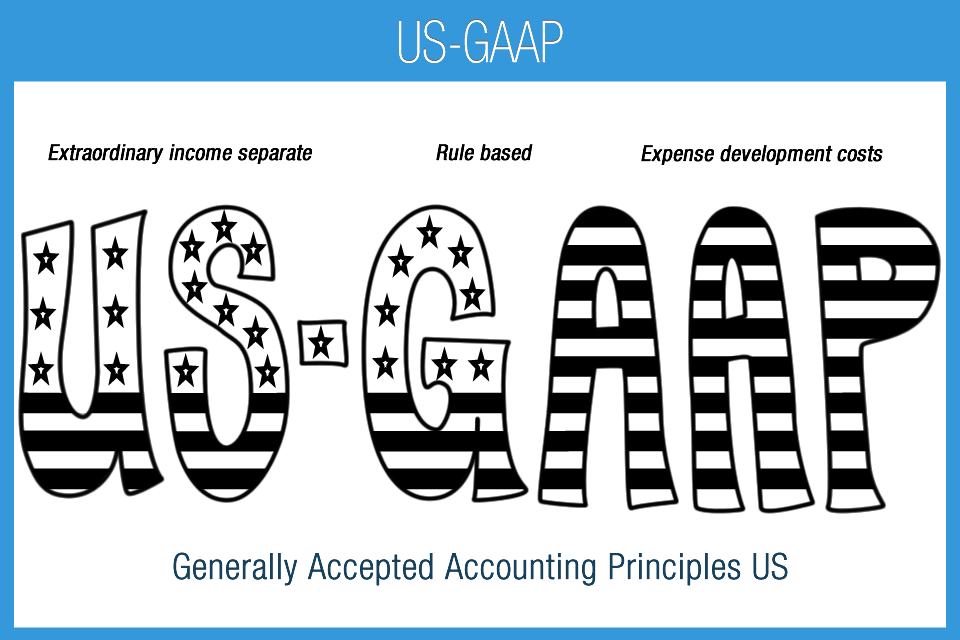
Careers in accounting promise a life of luxury. Well, actually, careers in accounting can provide a life of stability and flexibility – which is pretty nice. Also, accounting career paths offer significant opportunities to improve your pay. Hard work, study, and planning can take you far in the profession, whereas other careers might have more reliance on networking, innate skills, and some luck. All in all, accountants may not make a ton, but understand how to save money and perhaps even invest a little.
All rich people may not understand the details of advanced accounting, but they get the larger concepts. Self-made wealth is almost always built with small businesses that all have accounting requirements. Successful business owners understand revenue, accounts receivable, debts, and equity even if they don’t know a debit from a credit.
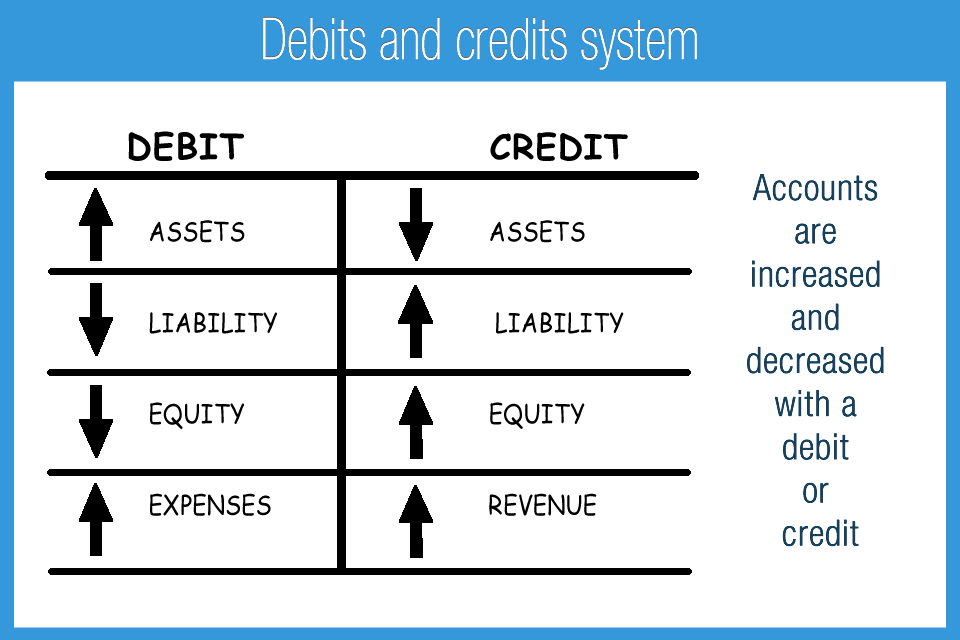
Understand how to read a basic financial statement and interpret the results. Everyone should know the purpose of every financial statement and the five main accounts. Be able to locate different assets, debts, ownership, revenue, expenses, and the profit or loss with your eyes closed. Take your core accounting knowledge to heart, in daily life, and learn the technical stuff if it helps you reach your larger goals.
AccountingPlay Apps
Learn Accounting Faster and Easier
Learn financial accounting, debits & credits, and business tax easier with flashcards, mobile apps, and games. Learn accounting anytime and anywhere. AccountingPlay will help you learn in a fast and fun way. Available on iOS and Android
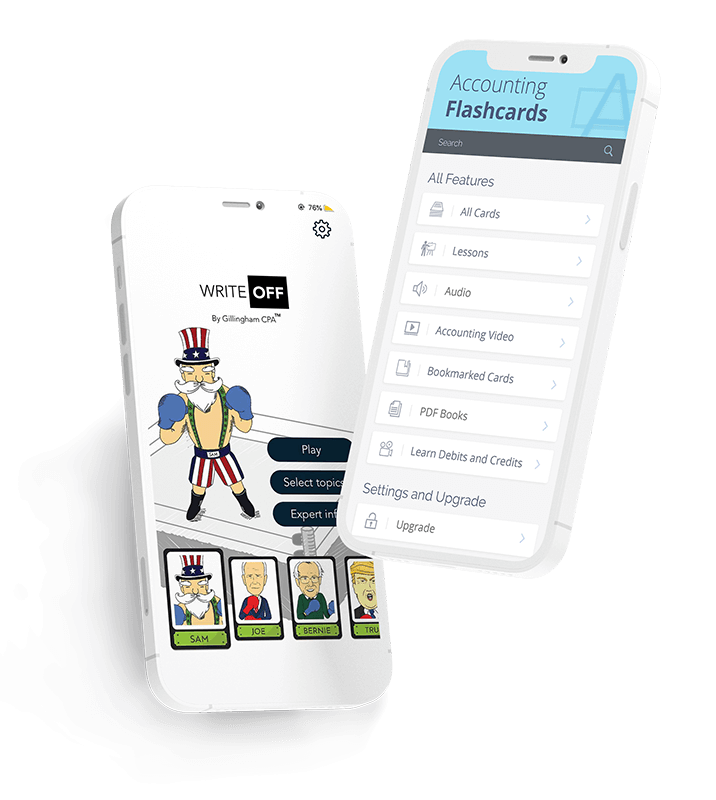
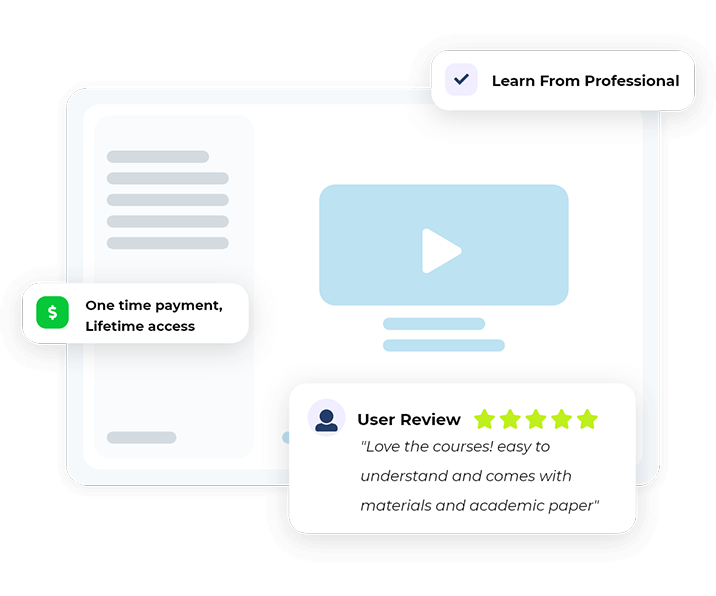
Premium Courses
One Time Payment. Lifetime Access.
Learn more comprehensive about debits and credits, financial accounting, excel fundamentals, business tax prep & plan, CPA tax prep, and how to start and grow your business right. Get access to all of our books, spreadsheets, academic papers, cheat sheet, audio vault, videos, and more.
Recommended Tools
One of your top priorities as a small business owner is keeping a close eye on the money you bring in and pay out, which is why it’s critical to have the right accounting software. You need a program that helps you accomplish your daily accounting tasks. Here are our best picks for tools we recommend and use
